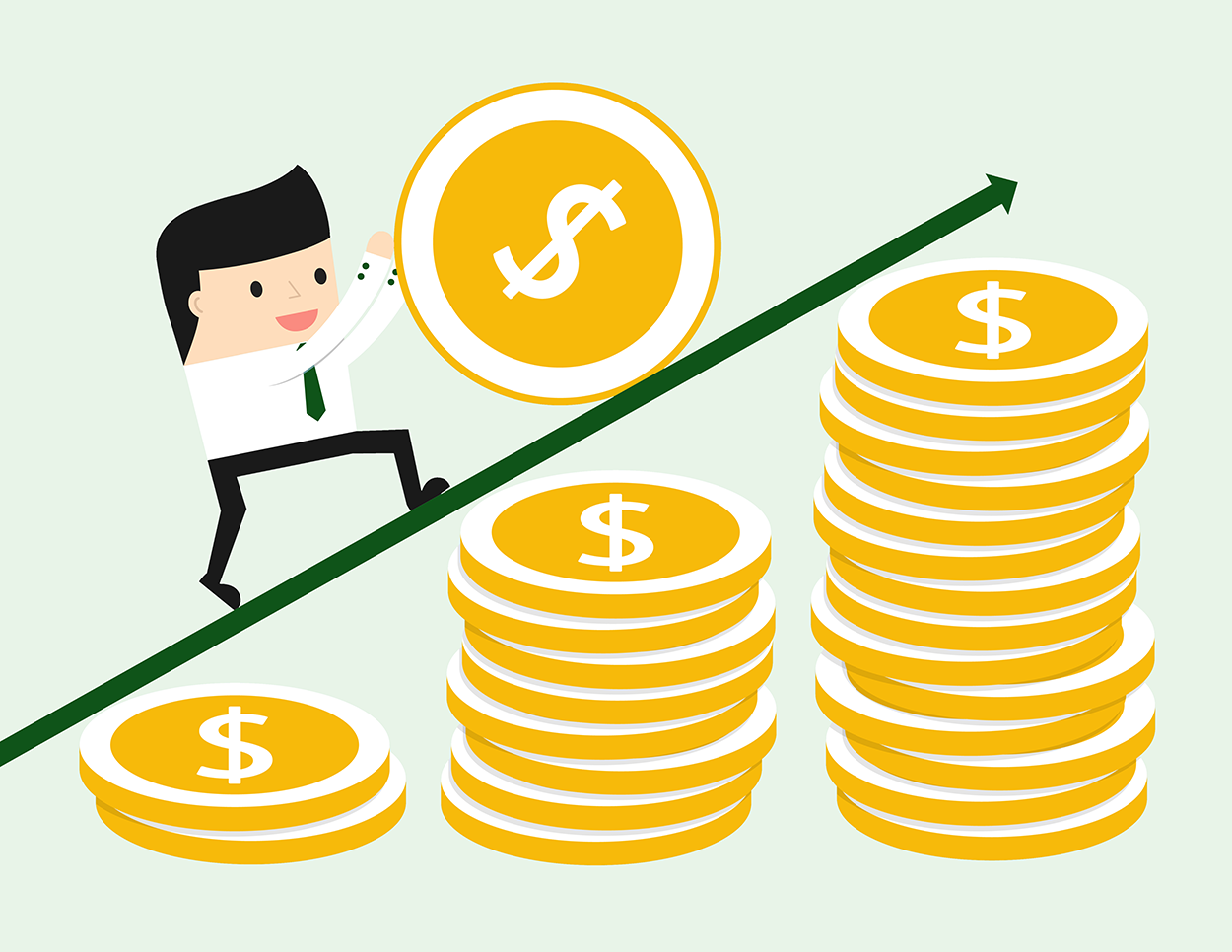This calculator will help you to determine the after-tax future value of a periodic investment in today's dollars. You may also want to try our inflation calculator.
Current Columbus High Yield Savings Account Rates
We publish current Columbus savings & CD rates. Savers can use the filters at the top of the table to adjust their initial deposit amount along with the type of account they are interested in: high interest savings, certificates of deposit, money market accounts and interest bearing checking accounts.
Properly Assessing Inflation's Impact
Cold hard cash is cold hard cash, no matter which way you look at it or what circumstance you are in. But every investor knows that not all cash is created equal by any means. There are two tricky and changeable factors that influence the meaning and value of your money no matter what the situation. The first is inflation. It doesn't matter what amount of money you are dealing with; you may rest assured that whatever the current percentage rate of inflation is will have a significant effect on what that dollar amount means to you and to the rest of the economy. Inflation rate constantly fluctuates with the market. The higher it is, the more you have to adjust the base dollar amount of your cash to a different value when considering the future worth of savings or investments.
Secondly, we see that taxes play a huge role in the net amounts of money that you may pocket when all is said and done. Whether your money is involved in a basic investment account, a savings account, an IRA, a 529 education savings plan, or a real estate property, taxes are going to likely take away from the total sum that you might have started with. Both the rates of your federal and state taxes are going to reduce your net profits from an investment account by a certain amount. The after tax gain is what you should consider when planning for future investment possibilities and budgeting scenarios.

How to Include Taxes and Inflation in Your Calculations
Both the variables of inflation and taxes are taken into account in this calculator, which computes the post tax value of a future withdrawal periodic investment in current day dollars (adjusting for inflation). When you calculate your earnings this way, you are sure to have more than just a rough estimate of your investment benefits as the little details of taxes and inflation will be already included.
It is a cinch to see the effects of taxes and inflation if we examine the numbers of a possible periodic investment in which monthly contributions of $200 are made to an existing balance of $5000. We will speculate that this investment lasts for a period of six years at a 3.5% annual interest rate and a combined state and federal 8% tax rate. Inflation is set at 1.2%.
After calculations, we see that the gross future value of this particular savings investment is $22,416.85 as a base figure. When taxes and inflation are accounted for, however, we find that the actual future value is more like $20,629.42. This more realistic figure is slightly lower because the federal and state taxes have been taken out, and as inflation is expected to rise as time goes on, the worth of any future monies is somewhat less than what its value is in the present day.
Knowing this practical value of a future investment not only keeps investor's expectations realistic as to what their monetary gains will be. It also helps savers to understand exactly where their money is going and why at any one point and time. Taxes are essentially taken out to support the needs of the political and societal system, and inflation must occur in order to keep advancing the economy as we know it.
 Real Savings Calculator
Real Savings Calculator